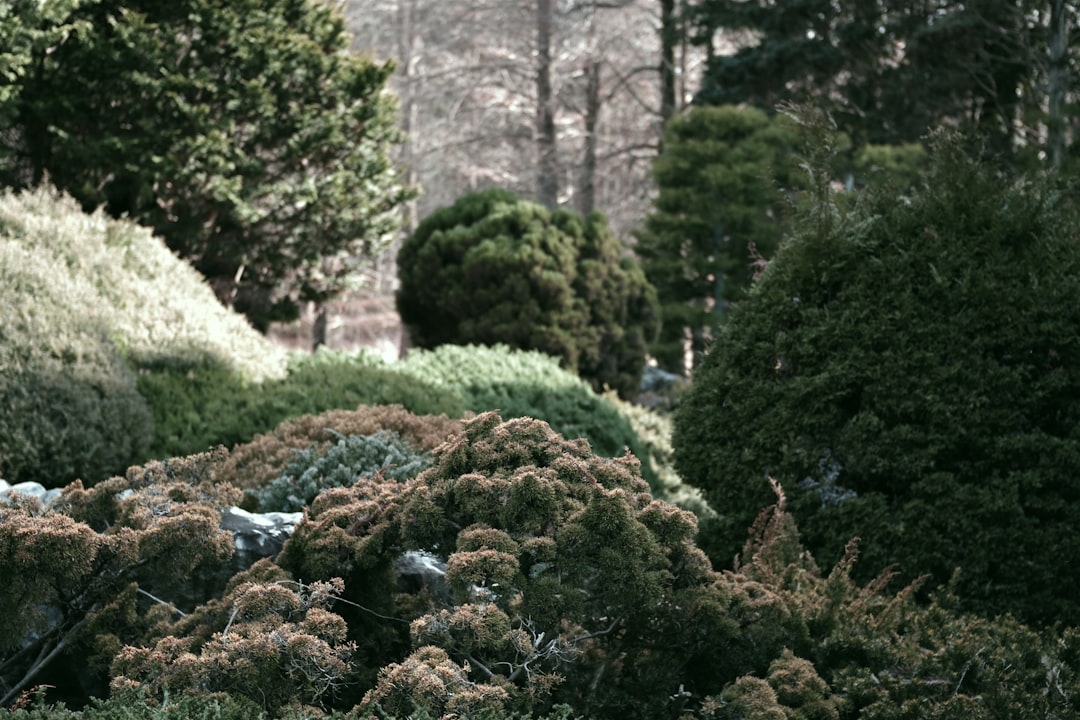Blueberries are a delightful addition to any edible garden. Not only are they delicious, but they are also packed with antioxidants and other health - promoting nutrients. However, to truly get the most out of your blueberry plants and enjoy a bountiful harvest, it's crucial to understand how and when to fertilize them correctly.
First, let's talk about the nutritional needs of blueberries. Blueberries are acid - loving plants. They thrive in soil with a pH level between 4.0 and 5.5. This acidic environment is essential for them to absorb nutrients effectively. When it comes to fertilizers, you need to choose products that are specifically formulated for acid - loving plants. These fertilizers typically contain higher levels of elements like sulfur, which helps lower the soil pH.
There are two main types of fertilizers you can use for blueberries: organic and synthetic. Organic fertilizers, such as composted manure, pine needles, and peat moss, are a great choice. They not only provide essential nutrients but also improve the soil structure over time. Composted manure, for example, adds nitrogen, phosphorus, and potassium to the soil. Pine needles and peat moss are excellent for acidifying the soil as they decompose.
Synthetic fertilizers, on the other hand, offer a more precise and immediate nutrient boost. They come in various formulations, and you can select one based on the specific needs of your blueberry plants. For instance, a fertilizer with a higher nitrogen content can promote lush foliage growth, while a balanced fertilizer with equal parts of nitrogen, phosphorus, and potassium can support overall plant health and fruit production.
Now, let's discuss the timing of fertilization. The best time to fertilize blueberries is in early spring, just as the plants are starting to emerge from dormancy. This early application gives the plants a head start and provides them with the nutrients they need to develop strong roots and new growth. A second application can be made in late spring or early summer, right after the plants have finished blooming. This helps support the development of the fruit.
It's important not to over - fertilize blueberries. Over - fertilization can lead to excessive foliage growth at the expense of fruit production. It can also cause salt build - up in the soil, which can damage the roots of the plants. When applying fertilizer, always follow the instructions on the product label. Measure the appropriate amount carefully and spread it evenly around the base of the plants, keeping it a few inches away from the trunk to avoid burning the plant.
Another factor to consider is the age of the blueberry plants. Young plants have different fertilization requirements compared to mature ones. For newly planted blueberries, a light application of fertilizer is sufficient. As the plants grow and become established, you can gradually increase the amount of fertilizer. However, be cautious not to make sudden, large increases in the fertilizer amount, as this can shock the plants.
In addition to proper fertilization, other aspects of blueberry care are also important. Adequate watering is essential, especially during dry periods. Blueberries have shallow roots, so they need consistent moisture. Mulching around the plants with materials like wood chips or straw can help retain soil moisture and also keep the soil temperature stable.
Pruning is another crucial practice. Regular pruning helps maintain the shape of the plants, improve air circulation, and remove dead or diseased branches. This, in turn, can enhance fruit production. By combining proper fertilization with good watering, mulching, and pruning practices, you can create an ideal environment for your blueberry plants to thrive and produce an abundance of delicious fruit.
In conclusion, knowing how and when to fertilize blueberries correctly is the key to getting more fruit from your plants. By understanding their nutritional needs, choosing the right fertilizers, and applying them at the appropriate times, you can enjoy a successful blueberry harvest year after year. So, roll up your sleeves, get out into the garden, and start nurturing your blueberry plants for a sweet and rewarding experience.

